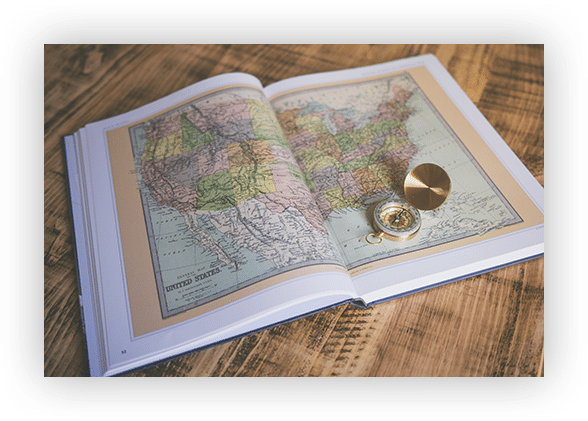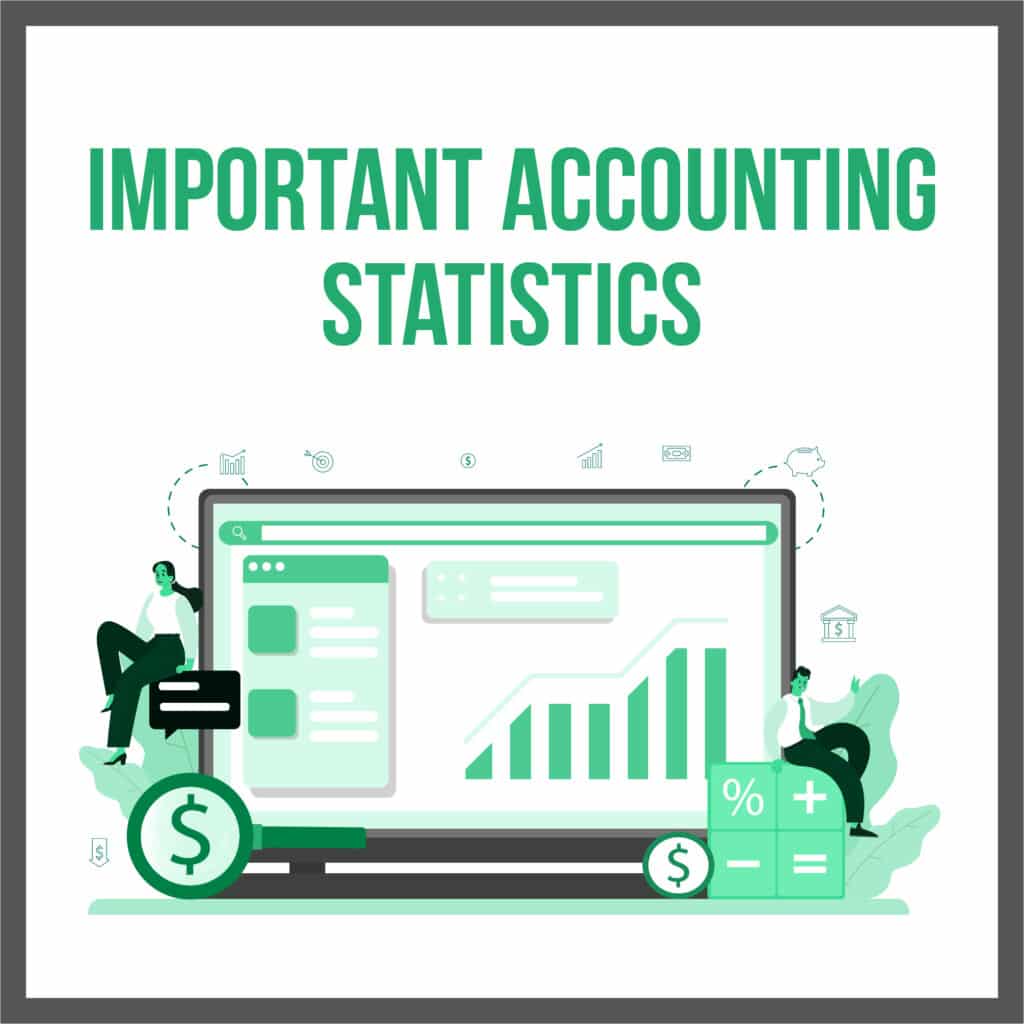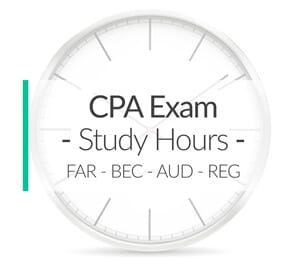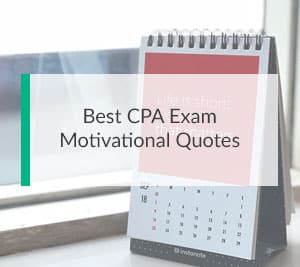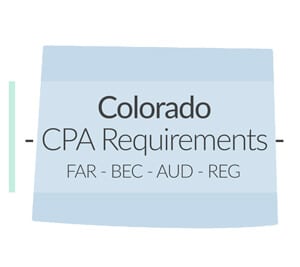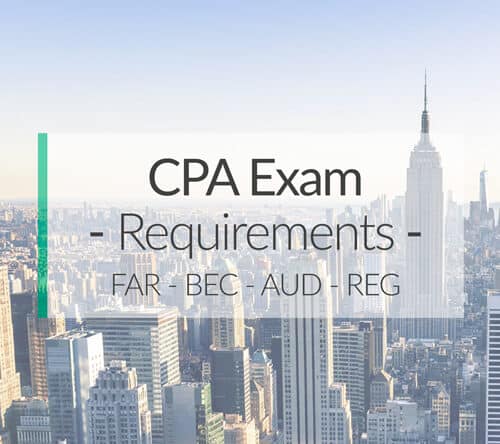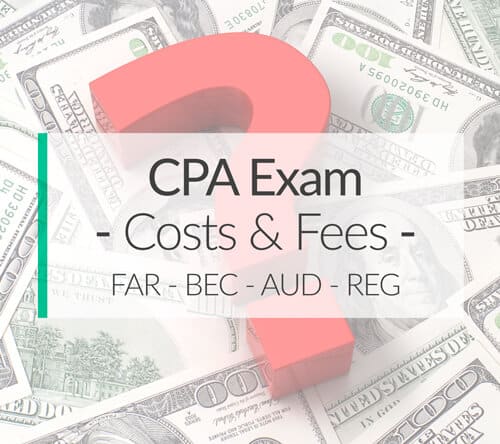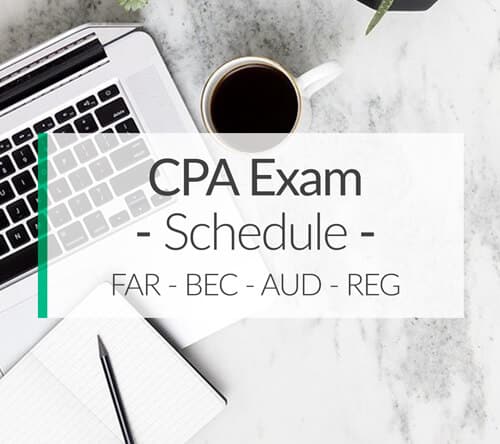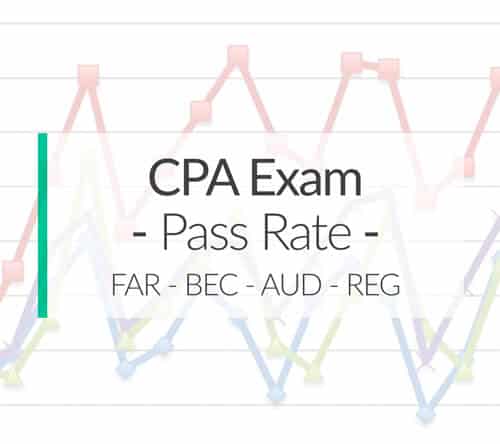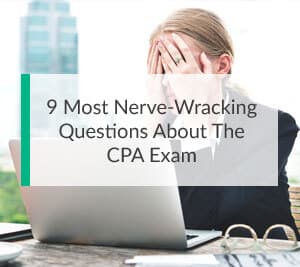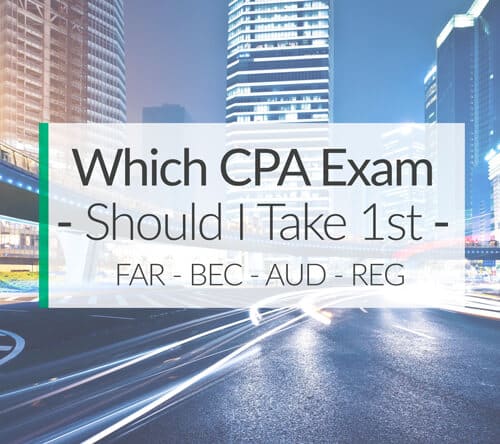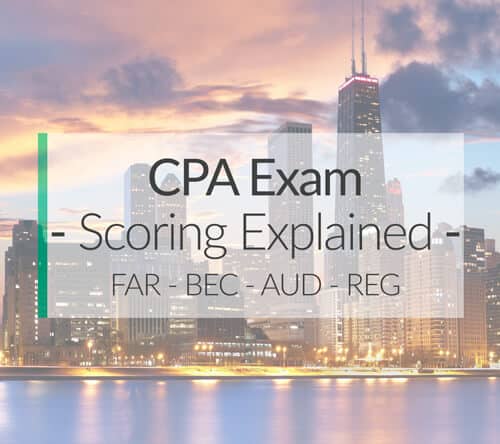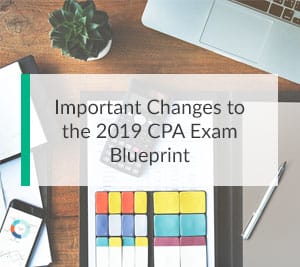Here’s an interesting fact: many CPA candidates never work for a CPA firm. But why is this the case? Well, it has something to do with the once-commonplace, now slightly outdated concept of two tier CPA states.
In the past, many state boards of accountancy offered a two-tier process to earn a CPA license:
- When you passed the CPA exam, you were issued a CPA certificate.
- To obtain a CPA license, you needed to also meet the CPA work requirements as outlined by the AICPA.
As it turns out, holding a CPA certificate is valuable to a wide swath of employers, even if you work in a field unrelated to accounting. Many finance and legal professionals, for example, pass the Uniform CPA exam just to earn a certificate.
Furthermore, a CPA certificate is also useful for international candidates. It may be difficult for these professionals to find a local CPA firm to meet the experience requirement, so certification helps them put their foot in the door elsewhere.
However, as previously mentioned, the licensing process has changed in recent years. Keep reading to learn more:
Clarifying the CPA license
Do CPA certificate holders have extensive work experience like accountants do?
In many cases, they don’t!
In the late 90s to early 2000s, some state boards concluded that the public might be misled into thinking that CPA certificate holders are all full-time accountants. Both license and certificate holders could present themselves as CPAs at the time. Therefore, there was essentially no way for the public to differentiate the two.
As a result, certain state boards enacted rules to disallow CPA certificate holders from presenting themselves as CPAs. Alternatively, other state boards stripped away the two-tier system altogether to avoid confusion.
Ultimately, these changes impact each CPA candidate’s ability to obtain a license. Furthermore, it also impacts his or her ability to earn the privilege to practice in other states.
Therefore, in order to obtain a CPA license today, you need to understand substantial equivalency.

Understanding Substantial Equivalency
CPA licenses are issued by jurisdictions, each with their own set of certification requirements. This situation makes it difficult for a licensed CPA from jurisdiction A to practice in jurisdiction B.
NASBA explains that the concept of substantial equivalency was put in place to allow CPAs to practice in multiple jurisdictions. Essentially, substantial equivalency attempts to remove problems with licensing differences between jurisdictions.
What is the Uniform Accountancy Act (UAA)?
The UAA states the licensing requirements for CPAs and defines substantial equivalency. It’s a lengthy document with many different sections, but here’s the gist of what you need to know:
- Section 5 lays out the qualifications required to obtain a CPA certificate. The educational requirements are at least 150 semester hours of college education, with additional rules of the degree earned by the candidate.
- Section 23 explains substantial equivalency in greater detail; see below for an example.
Assume that hypothetical candidate Jill has a CPA license in good standing with hypothetical jurisdiction A. Now assume that A’s licensing requirements are “essentially equivalent” to the requirements in Section 5 of the UAA. Jill meets the 150-hour threshold, has passed the CPA exam, and complies with other requirements.
As a result of this, Jill may be approved to practice as a CPA in jurisdiction B, even though it’s not her principal place of business.
Obtaining Privilege to Practice
To secure the privilege to practice in another jurisdiction, CPAs must contact the Board of Accountancy and confirm that the state has adopted Section 23. Currently, most jurisdictions have adopted the policy but may require you to pay a fee and complete paperwork.
NASBA’s Accountancy Licensing Library can help you navigate this process and get your privilege to practice.
Substantially Equivalent Jurisdictions
Which jurisdictions meet the substantially equivalent requirement?
The National Qualification Appraisal Service (NQAS) determines which jurisdictions meet the substantially equivalent licensure requirements of UAA.
If you’re licensed in a jurisdiction that does not meet the UAA requirements, your credentials can be evaluated by the CredentialNet system. Individual substantially equivalent requirements include:
- History of good character
- 150 credit hours of education and a Bachelor’s degree
- CPA examination completion
- One year of accounting or related experience
Most states accept the substantially equivalent evaluation through CredentialNet and will grant you the privilege to practice in the state.
Some states, however, continue to have a two-tier system.
What Are The Two-Tier Accounting States?
Two-tier states have two steps that must be completed before an accountant is considered a licensed CPA. Additionally, you need a state’s license or permit to meet the substantially equivalent requirements in other states.
Here are the current two-tier states:
- Alabama
- Connecticut
- Hawaii
- Illinois
- Kansas
- Nebraska
- Oklahoma
As an example, the Nebraska state board explains that: “an individual is issued a Certificate first upon showing successful passage of the CPA exam and then is issued a Permit to Practice upon showing completion of the experience requirement.”
Basically, you must have Nebraska’s permit to practice in order to meet the substantially equivalent requirements in other states.
Here are some specific requirements for two-tier states:
- Alabama: This state only allows US citizens to sit for the CPA Exam.
- Connecticut: CPAs in this state do not have a residency requirement, but the state does require a SSN.
- Kansas and Nebraska grant certificates only to state residents.
- Oklahoma: Accountants in this state are designated as PAs (public accountant) or as CPAs (certified public accountant). PAs cannot present themselves as CPAs.
Other states have some unique requirements for CPAs:
Non-reporting license
Massachusetts has a non-reporting license. Basically, these license holders aren’t required to fulfill the working experience, but they have limited privilege in public accounting work.
Working experience not supervised by a US CPA
Illinois and Virginia allow your experience to be verified by supervisors who are not US CPAs. This policy allows more flexibility in the licensing process.
Indiana, Tennessee, and Washington allow your experience to be verified (instead of supervised) by a US CPA. If you know of a US CPA who is willing to verify your experience in your home country, you can get your license.
Guam and the Virgin Islands
Guam and the Virgin Islands each offer unique pathways to obtaining a CPA license.
The Guam pathways are in effect until December 14, 2025.
Pathway one
A college education with an accounting concentration or equivalent, and two years of experience.
OR
Pathway two
At least 150 semester hours of college education and one year of experience.
Consult the Guam board of accountancy for more information.
The Virgin Island pathways are:
Pathway one
A baccalaureate degree of equivalent in accounting, with at least 120 semester hours and one year of accounting experience.
OR
Pathway two
If the applicant has not completed the education requirements, he or she may obtain a license based on accounting-related work experience. The board considers work experience for three years or longer.
Refer to the Virgin Islands website to read about the requirements.
Work Through the Process
Ultimately, a CPA license is a valuable credential that you can use to advance in your career. It’s definitely worthwhile to go the distance and fulfill both requirements.
Follow these steps to get properly licensed:
- Initial license: Read your state board’s requirements carefully, and contact the board if you have questions.
- Work experience: Pay close attention to the work requirements in your state. These requirements determine when you will have your license.
- Privilege to practice: If you move to another state, contact the state board in your new location and start the process of obtaining a privilege to practice.
Many accountants get busy and don’t work through the licensing process. Be proactive so that you have your CPA license in place!



